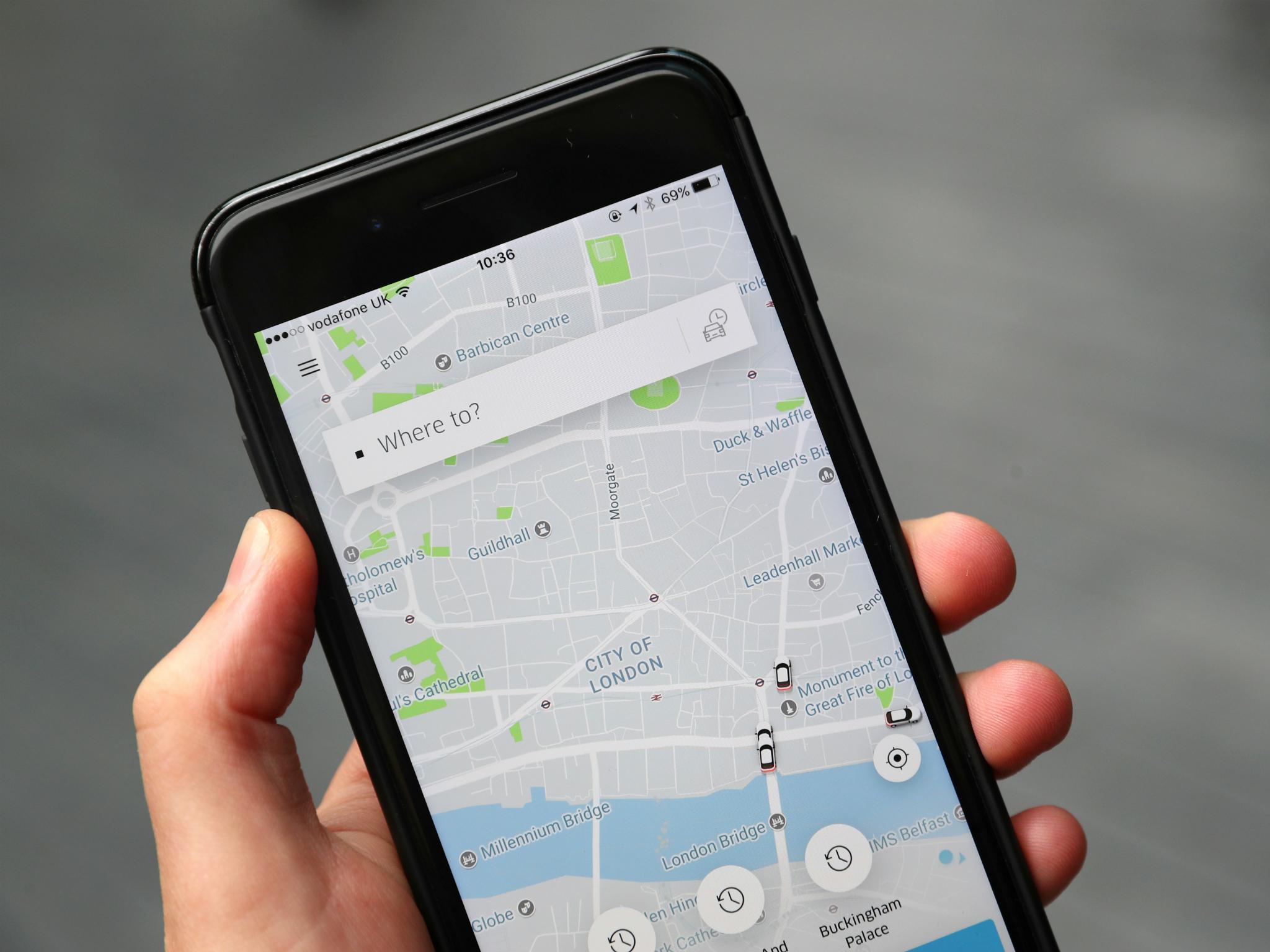What Uber can teach us about the importance of branding and growing up
Making headlines for all the wrong reasons, the disruptive taxi-hailing app is battling for its reputation

For a company once lauded as a darling of tech disruption, Uber today is a brand fighting a reputational war on several fronts.
Making the news for all the wrong reasons, it is the subject of a licence appeal in London, violent protests on the streets of Bogota, and allegations of sexual harassment and an aggressively sexist company culture. Uber now faces increased competitive threat from ‘nicer’ rivals like Lyft – tipped to enter the UK market – if not prohibited by concerned regulators.
Like so many of its tech contemporaries, Uber has scaled globally almost exclusively on the basis of a disruptive business model and speed to market. It is of one of the many digitally native businesses defined by a ‘launch fast and iterate faster’ approach, exploiting digital network effects and peer-to-peer economics to pull the rug from beneath a variety of incumbent players.
But in the dash for domination, there is something the digital innovators like Uber have forgotten: the vital importance of brand in maintaining loyalty. You can have a supreme focus on customer service (like Amazon) or a messianic commitment to user experience (like Apple), but if your brand stinks, you’re sunk.
The concept of brand, said the late branding guru Wally Olins, is quite simple: it’s the central guiding idea of a business that “persuades outsiders to buy and insiders to believe”.
But brands need to be created, articulated and nurtured. Strong brands survive by standing for something that appeals to our deepest emotions – a feeling for belonging, perhaps – and delivering an experience consistent with those values. Moreover, successful brands evolve to stay relevant to the times, whereas weaker brands ultimately collapse, unable to attract or retain customers.
Arguably, digital innovators haven’t needed to worry about any of this until now. The radical convenience of services like Uber powers growth around the world. Digital brands have drawn on an inherited set of values that can be traced back to the libertarian promise of the internet’s early days when, it was claimed, that digital would set everyone free.
That’s not enough in 2017.
We’ve woken up to the dark side of digital – the data leaks and surreptitious surveillance; even the risk of interference from foreign actors in our elections. And revelations of misogynistic behaviour and the “tech bro” culture, seemingly prevalent in Silicon Valley, means we don’t trust digital brands as much as we used to.
Business news: In pictures
Show all 13Deeper questions are being asked of the digital services at our fingertips, and if consumers cannot identify a clear, compelling and trusted brand story, those businesses are at risk.
As digital natives look to grow in new markets, or compete in new domains, brand becomes more important too. Take YouTube, which has scaled on free content and millions of cat videos, but is evolving into paid streaming services. It now needs to actually persuade customers to part with cash, competing directly with the likes of Netflix, and has been working with consultancy Saffron to build a more compelling brand identity.
Similarly, Amazon has acquired an existing brand – Whole Foods – in the hugely competitive US grocery market. We have been happy to buy books, music and toys from Amazon. But will we trust it to feed our family organic apples and French cheese, and if so - why?
Uber is perhaps realising too late that successful brand management is critical for sustainable success. New chief executive officer Dara Khosrowshahi is attempting to address the problems in front of him but it remains to be seen whether he will succeed, and the company may well serve as an alarm bell for a whole industry. As we head into 2018, is it time for the digital disruptors to grow up and pay attention to the importance of brand?
David Parry is the chief operating officer of global branding agency Saffron
Subscribe to Independent Premium to bookmark this article
Want to bookmark your favourite articles and stories to read or reference later? Start your Independent Premium subscription today.

Join our commenting forum
Join thought-provoking conversations, follow other Independent readers and see their replies